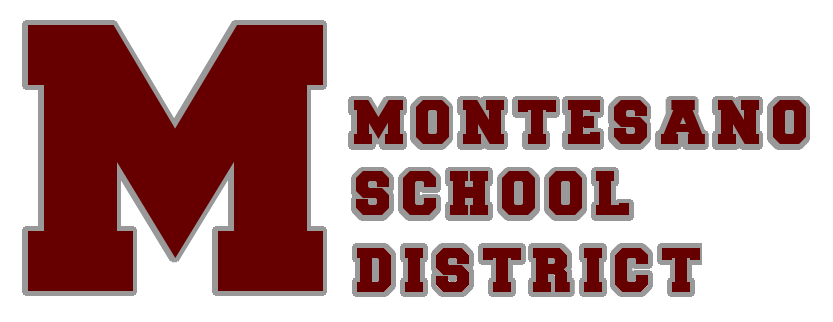by Paul Mielke and Tony Frontier
In the classroom, effective teachers use rubrics not just as summative tools to determine students' grades, but also as exemplars that they apply across entire units to guide students' efforts to improve. The language of the rubrics becomes the language of the curriculum.
In the same way, both supervisors and teachers need to use comprehensive teaching frameworks not just for summative teacher evaluation, but rather to guide improvement throughout the school year. Used in this way, these frameworks can create a common language for practice, focusing teachers' collaborative efforts to identify and implement specific research-based instructional strategies and behaviors.
We need to transcend the common practice of making administrators the primary users of comprehensive teaching frameworks. At a minimum, teachers can use comprehensive frameworks to guide their daily practice—for example, to assist in lesson planning, prioritize strategies for whole-group instruction, or select alternative strategies for students who require more challenge or support.
